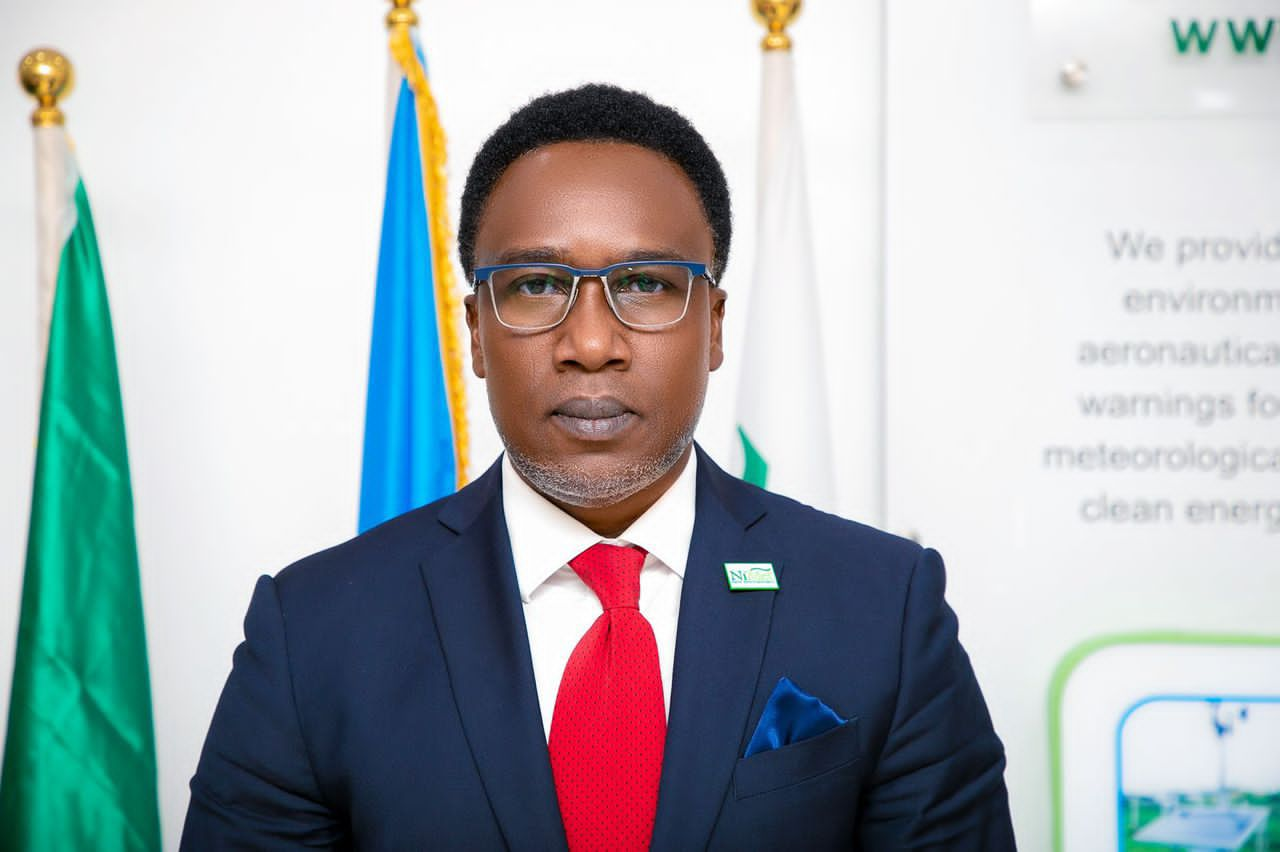NiMet Enhances Weather Observation Systems with Comprehensive Metadata Evaluation

The Nigerian Meteorological Agency (NiMet) has conducted rigorous metadata exercises to meticulously evaluate the functionality and effectiveness of its weather observation stations.
In a statement, the agency said these comprehensive assessments focus on various critical elements, including equipment condition, personnel availability, infrastructure maintenance, and data quality across diverse geographical locations.
This initiative underscores NiMet’s commitment to enhancing the precision and dependability of its weather observation systems, aiming to better serve the Nigerian populace and various sectors reliant on accurate meteorological data.
Despite efforts, NiMet has been grappling with unreliable and unverified metadata information.
The agency stressed the necessity of collating an accurate inventory of metadata for all surface-based observing stations and platforms, including Automated Weather Observing Systems (AWOS) under the World Meteorological Organisation’s Integrated Global Observing System (WIGOS). This inventory is crucial for national, regional, and global purposes, featuring station histories and records.
NiMet explained that observational metadata, which details the capabilities of observing stations, their instruments, and methods of observation, is given utmost importance.
Metadata, according to the agency, provides essential information about data, ensuring the quality and validity of both structured and unstructured data. Consequently, having accurate metadata information in NiMet’s database is paramount.
Speaking on the need for this exercise, Prof. Charles Anosike, Director-General and Chief Executive Officer of NiMet, said, “Upon assuming office in December 2023, NiMet management realised that most of NiMet’s metadata information was inaccurate.
“Efforts had been made in the past to gather exact raw metadata information directly from various geographical locations where meteorological stations are sited but to no avail.
“Some locations lacked WMO ID, ICAO ID, Latitude, Longitude, Elevation, etc., and some locations within Nigeria, when plotted on maps, fell outside the country’s national geographical boundary and territorial waters, highlighting the need for an accurate metadata update.”
Professor Anosike emphasised, “The importance of metadata information cannot be overemphasised when it comes to better organization of data and improved interoperability and integration.
“Its optimal use helps gather better insights to improve product generation, upgrade processes, and ensure grid alignment of coordinates, as well as storing unstructured data such as images, videos, web pages, and spreadsheets.”
The agency announced that the metadata exercise has been successful; all the stations in Nigeria have been updated, and the process of uploading this information to the World Meteorological Organisation (WMO) Oscar platform is currently ongoing.







